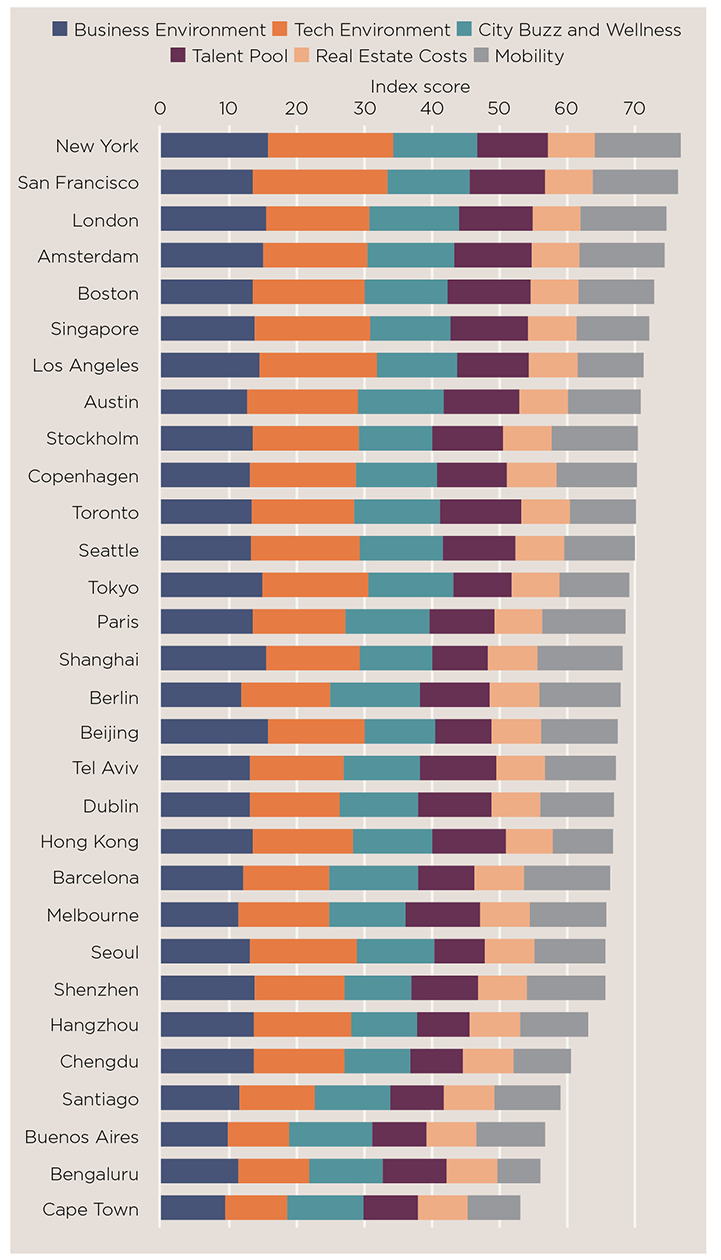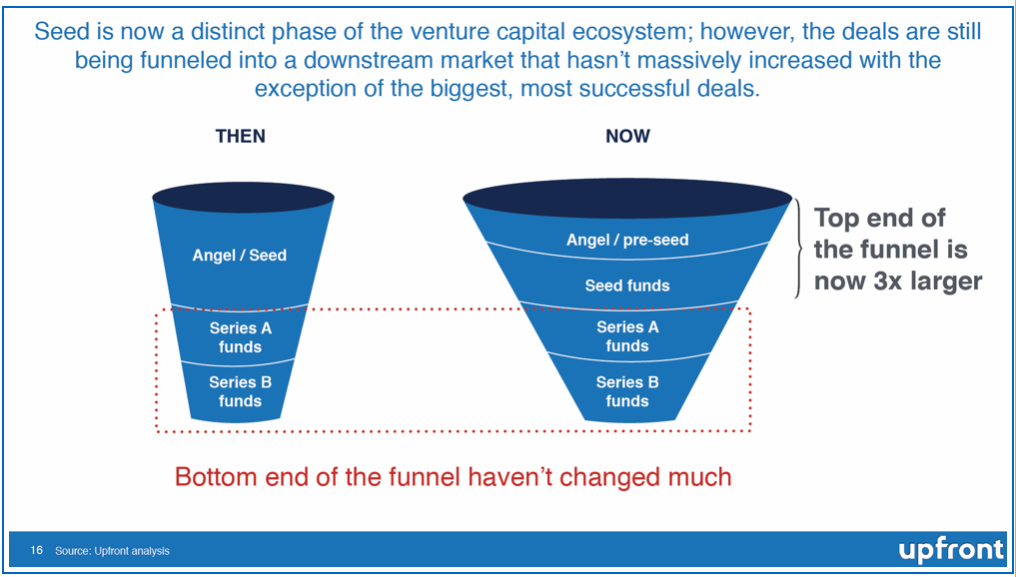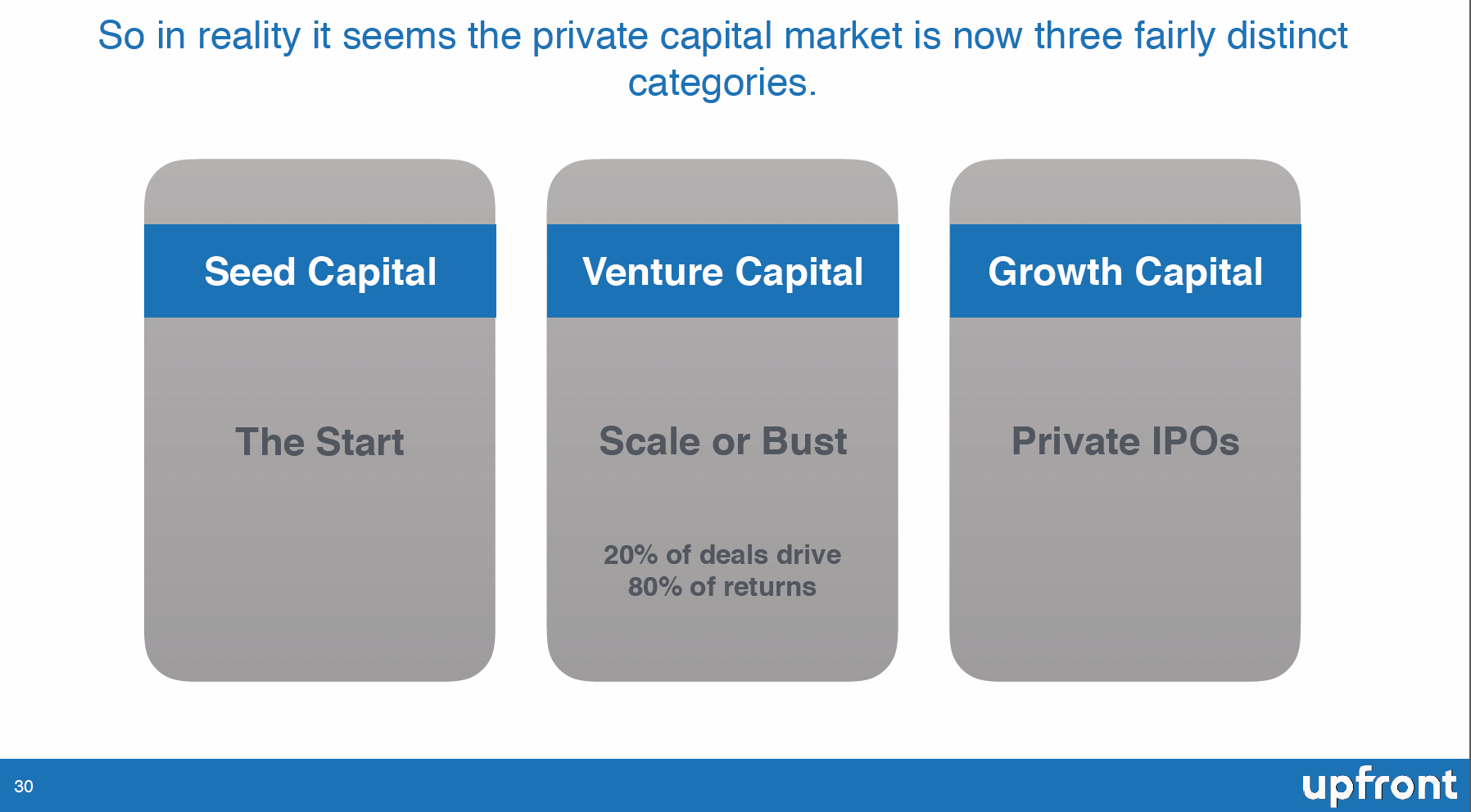NYC Is Savills' Top Tech City
Savills World Research, a global property agent, has been ranking the world’s top tech cities based on a bunch of criteria for years. In this year’s rankings, NYC tops SF to become the number one tech city in the world.

This is just one survey and I am certainly not going to assert that NYC has surpassed the bay area in terms of the best place to start a tech company.
But the bay area is absolutely struggling with some challenges. Labor and real estate costs have skyrocketed in the last decade. And from what we are seeing it is easier to convince someone to leave the bay area and move to LA or NYC than it has been in the past. The bay area is not an easy place to live and work anymore.
Truth be told, NYC has some of those same issues, but it has the benefit of five boroughs, a mass transit system that even with all of its problems moves 5.5mm riders a day, and a vibrant business community that is diverse and talented.
Another truth is that any of those thirty cities would be a fine place to start a company. Tech has gone global and so has tech talent. And investors are eager to fund innovative tech companies in many places around the globe.
USV has portfolio companies in about a dozen of those top thirty cities and, while we limit our investments to North America and Western Europe, we certainly hope to increase that number in the coming years.
But regardless of all of that, I am proud of what NYC has been able to accomplish over the last twenty-five years. In the mid 90s, I doubt NYC would have been a top ten city on this list. And now it is number one. Well done Gotham.

